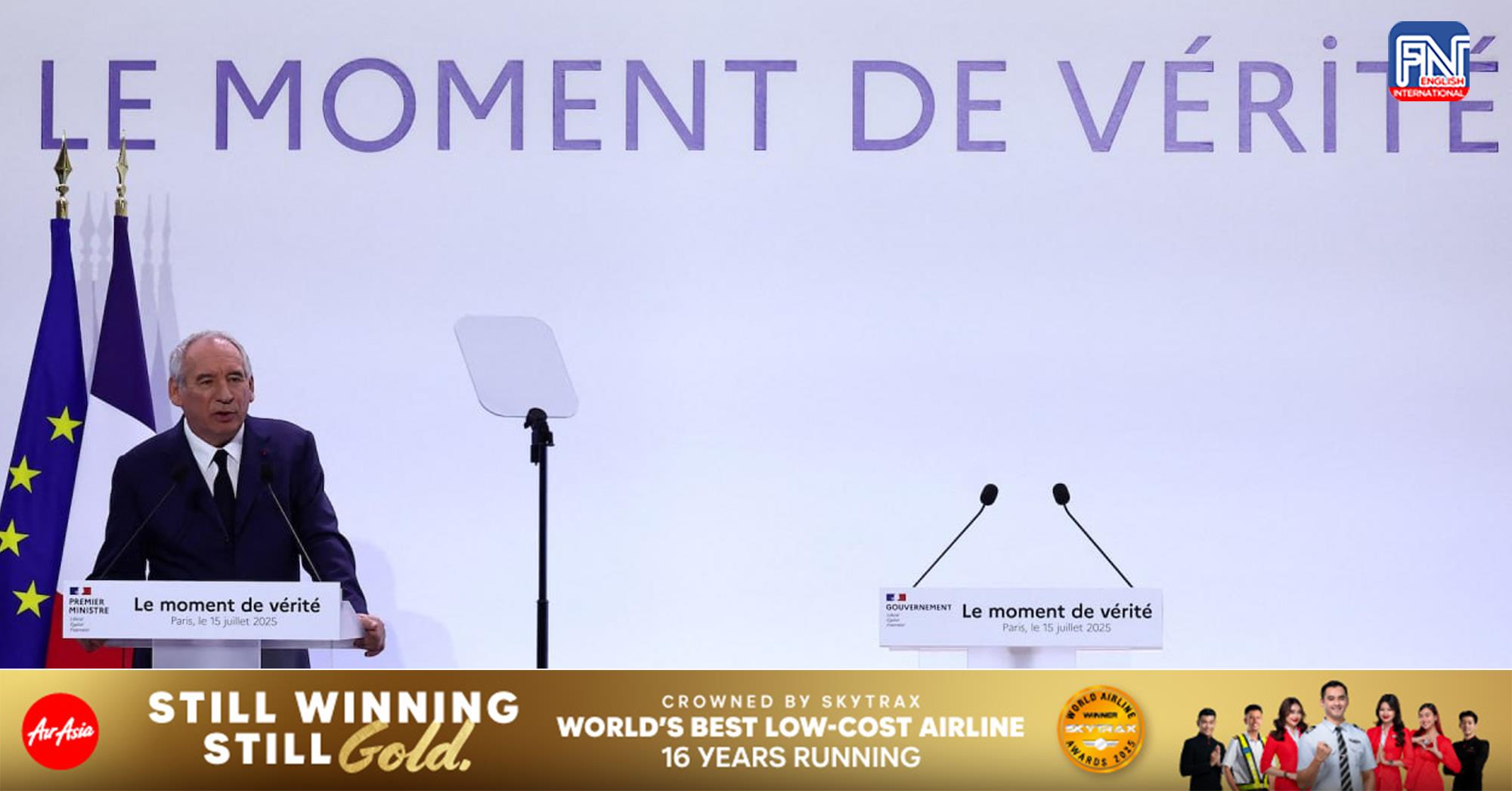PARIS, Jul. 15 (Reuters): French Prime Minister Francois Bayrou proposed scrapping two public holidays and freezing most public spending as part of a 43.8 billion euro ($50.88 billion) budget squeeze he outlined on Tuesday.
Bayrou's plan involves freezing welfare spending and tax brackets in 2026 at 2025 levels, not even adjusting for inflation, which was immediately criticised by left-wing and far-right politicians. Defence spending, however, will increase.
France saw its budget deficit hit 5.8% of gross domestic product last year, nearly double the official EU limit of 3% of GDP, as a political crisis left four successive governments paralysed and incapable of tackling an unexpected drop in tax income and surge in spending for a second year.
"Everyone will have to contribute to the effort," Bayrou said in a two-hour news conference with journalists, lawmakers and ministers, warning that public debt was a "mortal danger" for France and needed to be tackled head on.
The welfare spending freeze will likely be as unpopular for many voters as scrapping two public holidays - possibly Easter Monday and May 8, which commemorates the end of the Second World War in Europe.
There are simply too many public holidays in May, and the French must get back to work that month, Bayrou said, adding that this would mean several billion euros in additional revenues for the state, as everybody would work more and produce more.
"This government prefers to attack the French people, workers and retirees, rather than root out waste," far right National Rally leader Marine Le Pen said on X.
"If Francois Bayrou does not revise his plans, we'll vote for a motion of no confidence against him."
Left-wing parties were also damning. The Socialists leader Oliver Faure, whose party helped Bayrou pass the 2025 budget, said: "This isn't a recovery plan it's a demolition plan for the French (social) model."
Bayrou, a veteran centrist politician, must persuade the opposition ranks in France's fractured parliament to at least tolerate his cuts, or risk facing a no-confidence motion like the one that toppled his predecessor in December over the 2025 budget.
Any risk of a no-confidence motion would likely only firm up once a detailed budget bill goes to parliament in October.

Photo from Reuters




